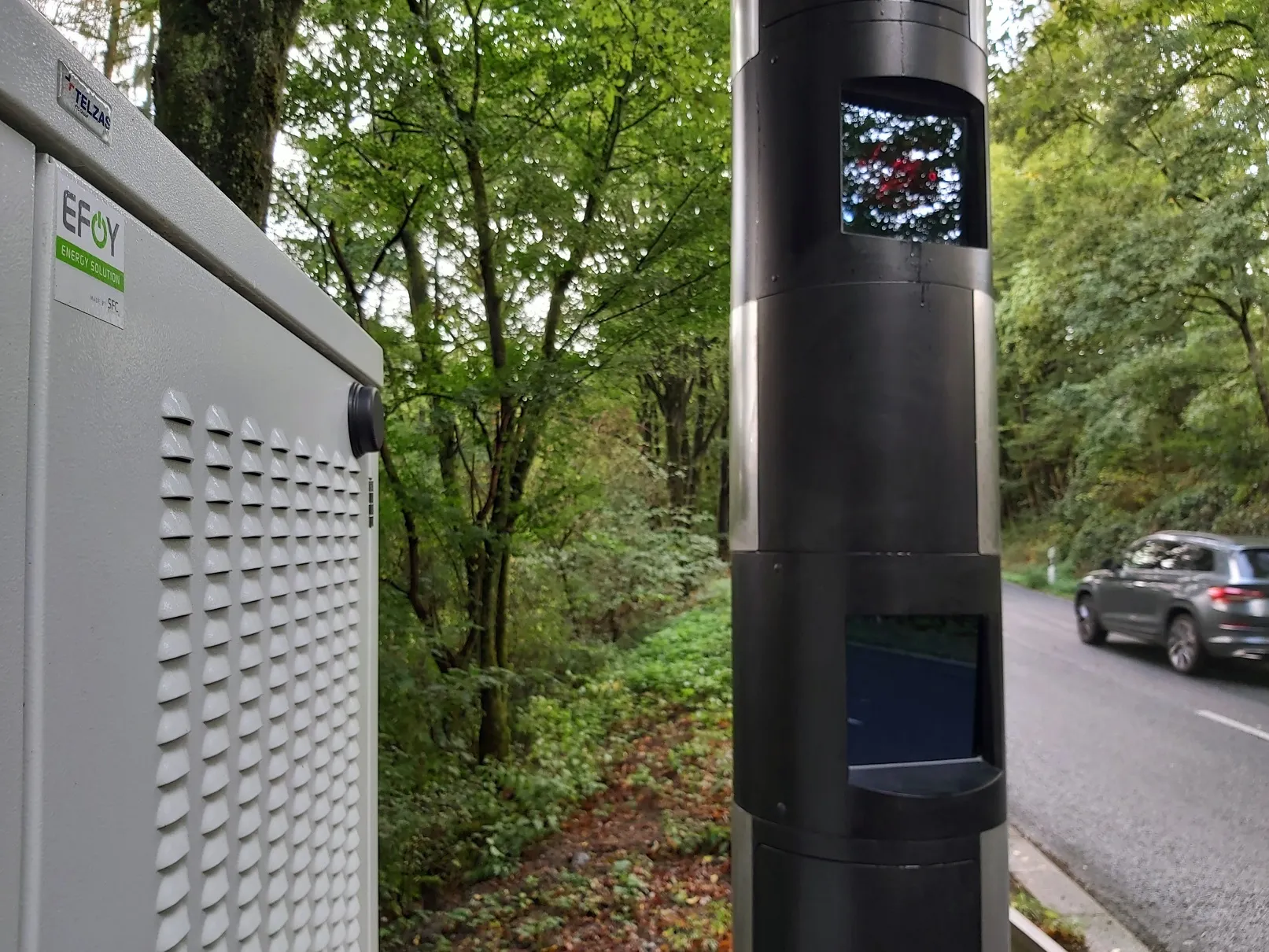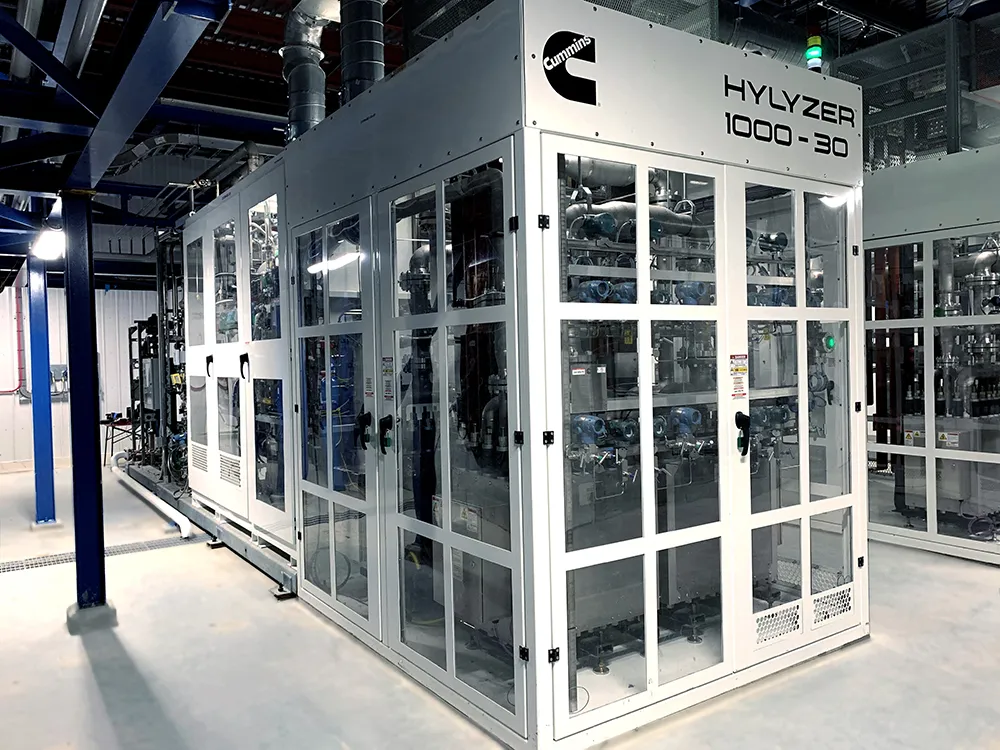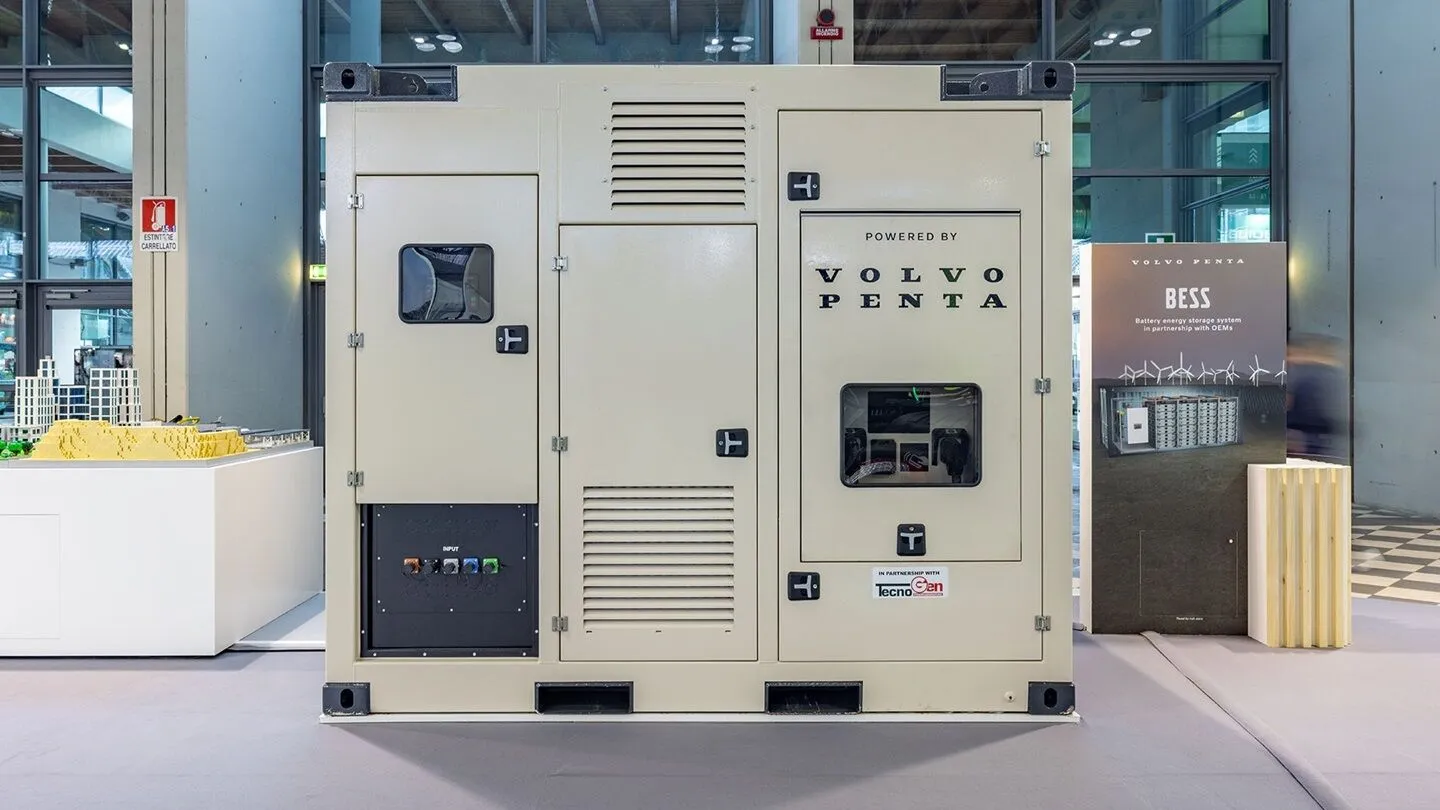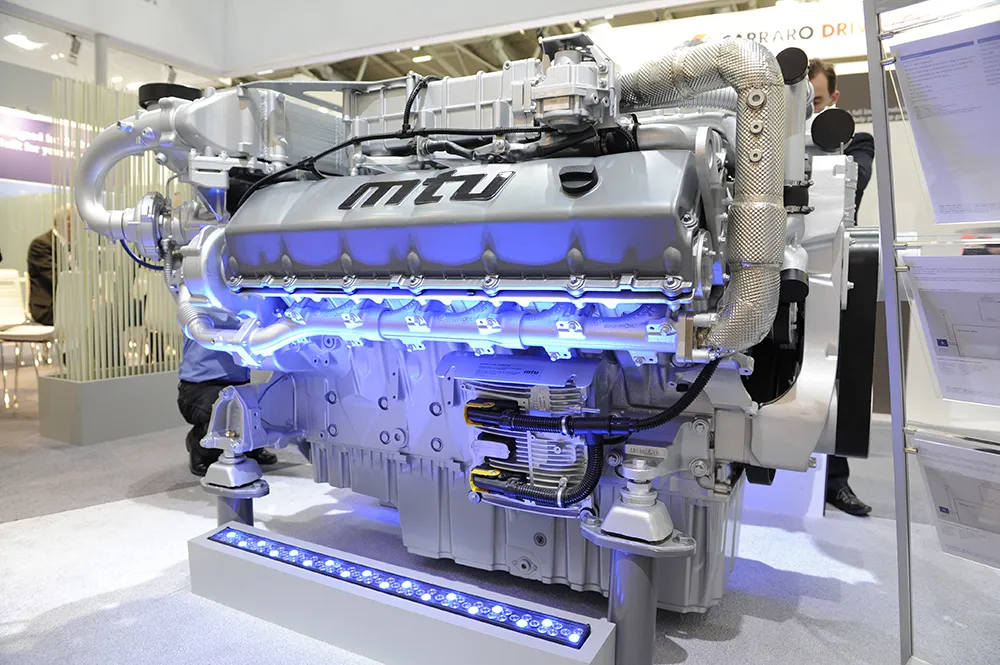
Jenoptik's roadside speed measurement systems will be powered by fuel cell technology which is available off-grid as part of a new deal.
The firm has signed an agreement with SFC Energy, which specialises in hydrogen and methanol fuel cells for stationary and mobile hybrid power generation solutions.
SFC’s Efoy fuel cells are described as a “completely self-sufficient, location-independent and sustainable energy supply”.
This means they could be attractive for traffic enforcement apparatus in places where power sources are unreliable or non-existent – for example, on very remote rural roads.
“This partnership moves us and many cities forward in terms of traffic safety and sustainability,” says Tobias Deubel, vice president global sales at Jenoptik’s Light & Safety division.
“It enables us to tap into new alternative energy sources for our devices and delivers significant added value to our customers with the possibility to deploy our measurement systems also in regions with less developed power grids.”
The first systems are already in operation in several European countries, SFC says.
It adds that there are “considerable” potential savings because of Efoy’s lower fuel consumption compared to conventional generators – plus they do not emit harmful exhaust gases such as nitrogen oxides (NOx), carbon monoxide (CO) or particulate matter.
Unlike solar panels, the fuel cell technology is not dependent on the weather.
“The potential of the fuel cell comes to impressive fruition in the Jenoptik systems,” says Dr. Peter Podesser, CEO of SFC. “We have the opportunity to make important contributions on several levels at once: environmental protection and traffic safety.”








